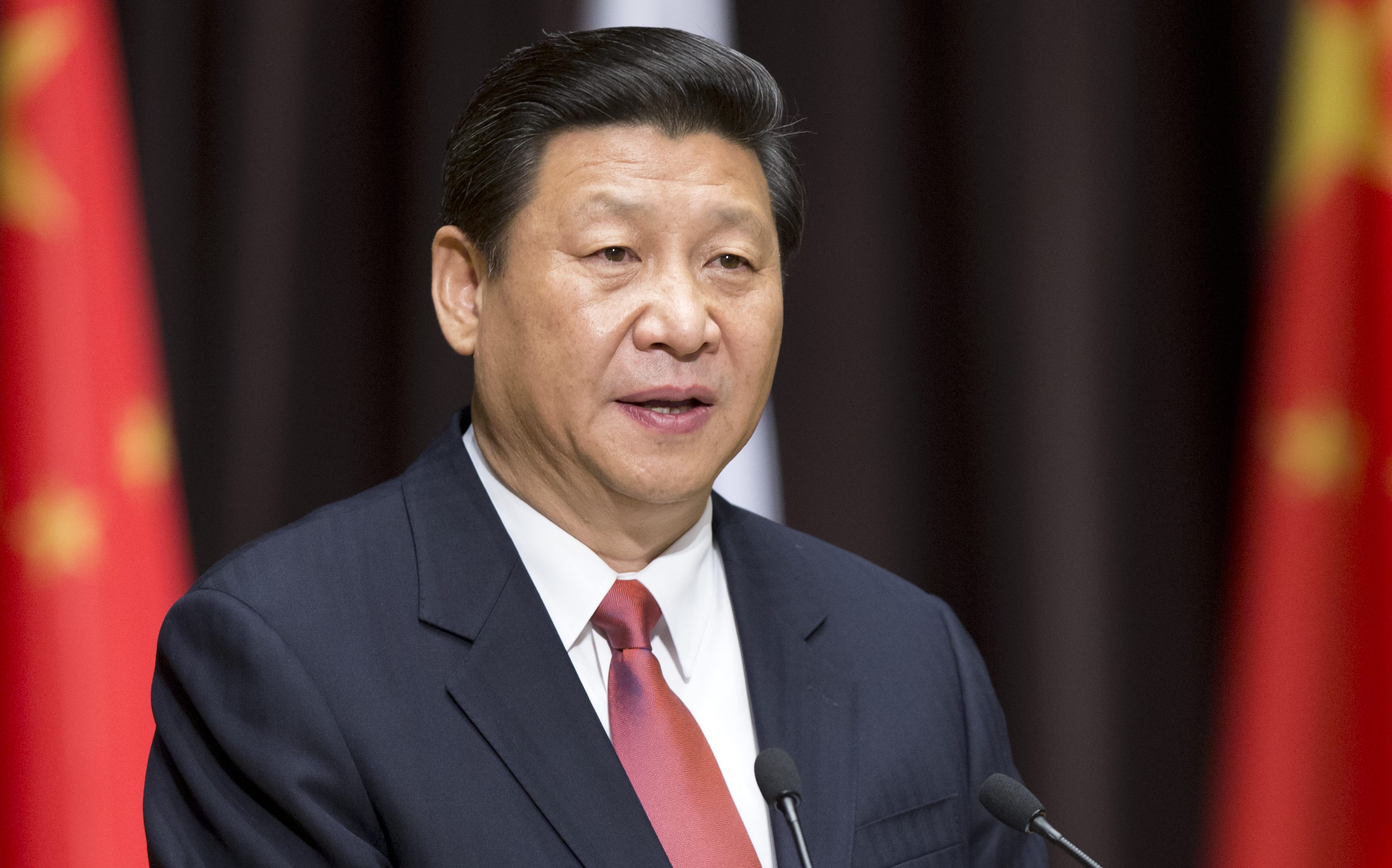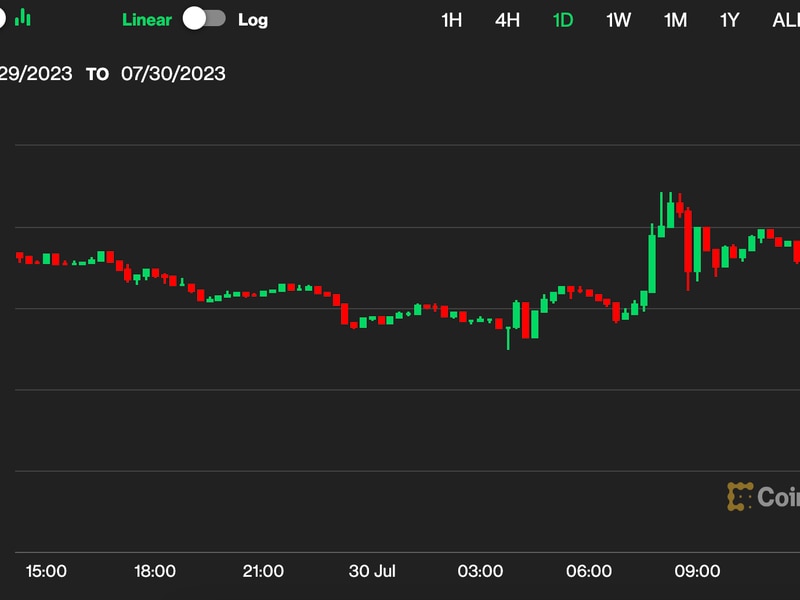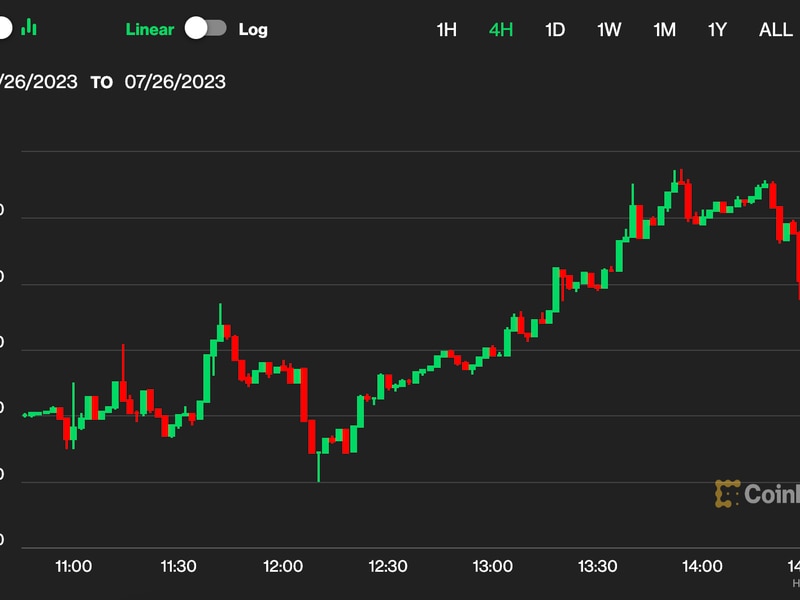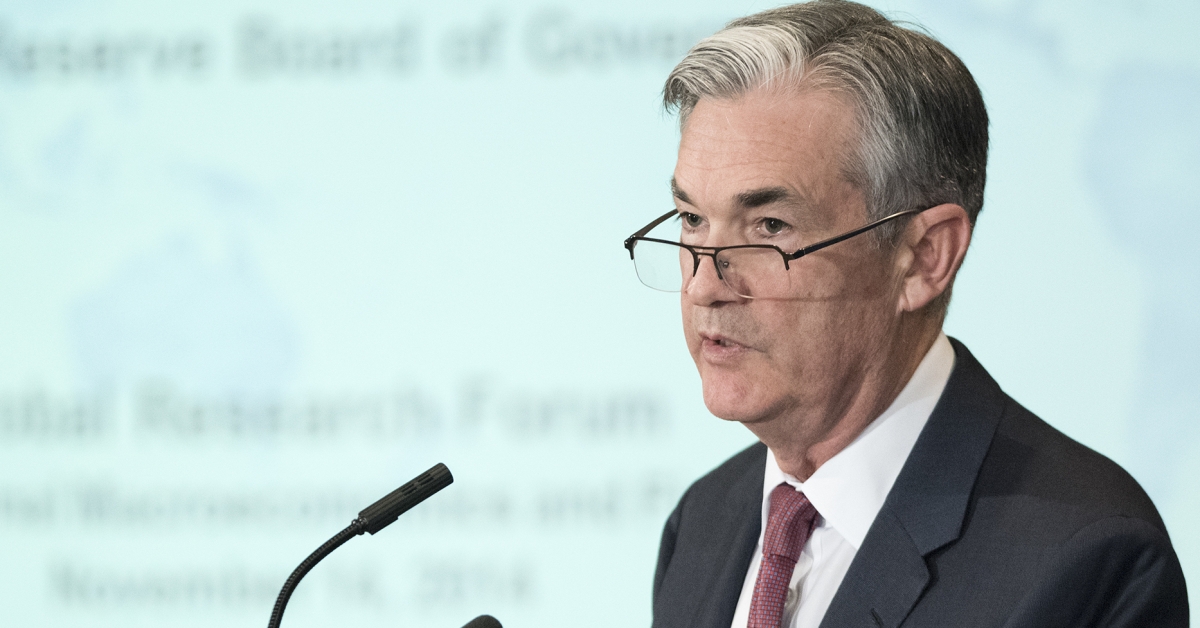Congress Can’t Let Gary Gensler Regulate Digital Assets Out of Existence
The advent of blockchain technology and digital assets offers an opportunity for the global economy not seen since the dawn of the internet. These innovations open doors for the unbanked, providing a pathway for success to those who are shut out of traditional financial systems.
Despite the boom in blockchain technology and digital assets, bureaucrats like Securities and Exchange Commission (SEC) Chairman Gary Gensler want to stifle their development in the United States through unlawful, overbearing regulations based on a misguided approach that lacks understanding of their potential. Thankfully, the courts have slapped down Gensler’s attempts to drive digital assets out of the U.S. economy. Now, Congress must act to ensure Gensler and the SEC are kept at bay.
Former Representatives Tim Ryan and David McIntosh are co-chairs of the Blockchain Innovation Project. Mr. Ryan served as a Democrat U.S. Representative from Ohio, and Mr. McIntosh served as a Republican U.S. representative from Indiana.
Gensler intends to take his authority to regulate “as far as [it] go[es]” while saving “transactions, products, and platforms from falling between the regulatory cracks,” according to his remarks at the 2021 Aspen Security Forum. In his latest attempt at unauthorized bureaucratic overreach, Gensler aims to regulate American digital asset firms out of existence.
Why is Gensler so against progress and innovation regarding digital assets? Because of the embarrassment associated with Gensler’s failure to prevent Sam Bankman-Fried and FTX from committing one of the largest fraud schemes in United States history.
U.S. Rep. Ritchie Torres (D-NY) labeled Gensler as “singularly responsible” for failing to expose Sam Bankman-Fried’s fraudulent FTX cryptocurrency exchange in 2022. Gensler was asleep at the switch and failed to assert SEC oversight before it was too late in the FTX case. Now, Gensler’s solution is to punish law-abiding citizens within the industry due to a personal vendetta against one bad actor. As a result, Gensler is attempting to impose rules so drastic that digital asset firms leave America all together and move their operations overseas.
In his latest defeat, the federal appeals court for the District of Columbia ruled against the SEC in their attempt to prevent Grayscale Investments from turning their Grayscale Bitcoin Trust (GBTC) into a listed Bitcoin exchange-traded fund (ETF). In the decision, Judge Neomi Reo directed Grayscale’s order to review be granted and the SEC’s order to deny the GBTC listing application to be vacated, citing that the SEC did not offer any explanation as to what Grayscale had done wrong. Despite this victory, there are no signs that Gensler and the SEC will retreat from their crusade.
Congress must act promptly to thwart any new burdensome regulatory attempts in the future. Thankfully, House Majority Whip Tom Emmer has taken the lead in these efforts to combat Gensler and the SEC by introducing an amendment to the Financial Services and General Government appropriations bill. If enacted, this rider would prohibit the SEC from using taxpayer dollars for illegal enforcement actions against digital assets without clear legal authority.
The importance of this rider cannot be overstated, and The Blockchain Innovation Project, a bipartisan advocacy organization designed to educate elected officials on digital assets and blockchain technology, supports the adoption of this rider. At a time when many Americans can hardly reach a consensus on anything, Republicans and Democrats can agree that the overbearing nature of Gensler’s SEC is unacceptable.
Digital assets are not going away. These assets offer Americans a unique opportunity to build wealth and grow our economy. If the SEC imposes crippling regulations on the industry domestically, the United States will fall behind our adversaries in the global marketplace. Individuals, not the government, should have the freedom to develop, grow and manage their own financial assets. We must intervene and create clear guidelines for this promising industry that prevent actors like Chairman Gensler from crushing industries due to a personal grudge.
Edited by Ben Schiller.









